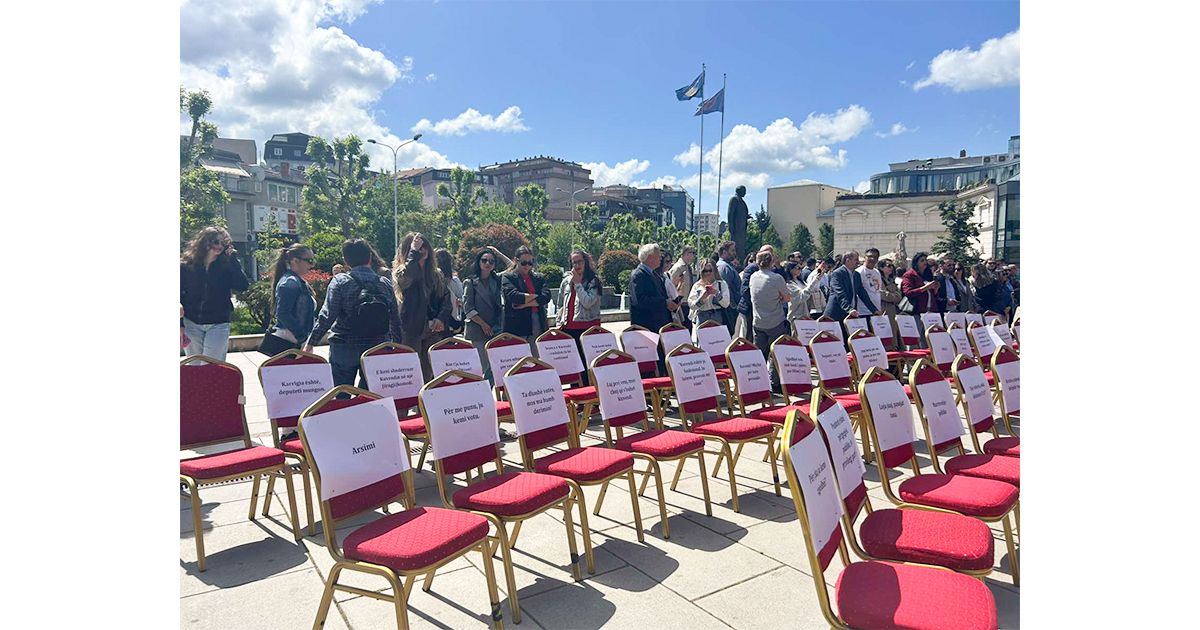In close collaboration with the Ombudsperson Institution, the Kosovo Women’s Network (KWN) organized a workshop on the role of the Ombudsperson Institution (OI) in addressing violence against women for representatives of shelters and day centers that provide services to women who have suffered gender-based violence.
Building on the positive collaboration established between KWN and the OI, Merita Syla, from the OI provided information on the relevant legal framework and instances in which the OI can assist with such cases.
During the workshop, participants defined concrete steps for referring cases of violence against women and girls to relevant institutions and, eventually, when relevant, to the OI.
This workshop is part of the cooperation established between shelters, KWN and the OI to work towards the more dignified treatment of women who have suffered violence by relevant institutions. Their cooperation will continue this year in supporting women and girls who have experienced violence in seeking justice and filing complaints against institutions that fail to undertake their legal obligations. Participants also discussed important issues faced by shelters, including permanent funding of shelters and the security of their staff.
This workshop was funded by UN Women with financial support from the European Union. A KWN staff member supported by the Austrian Development Agency also shared her expertise.




